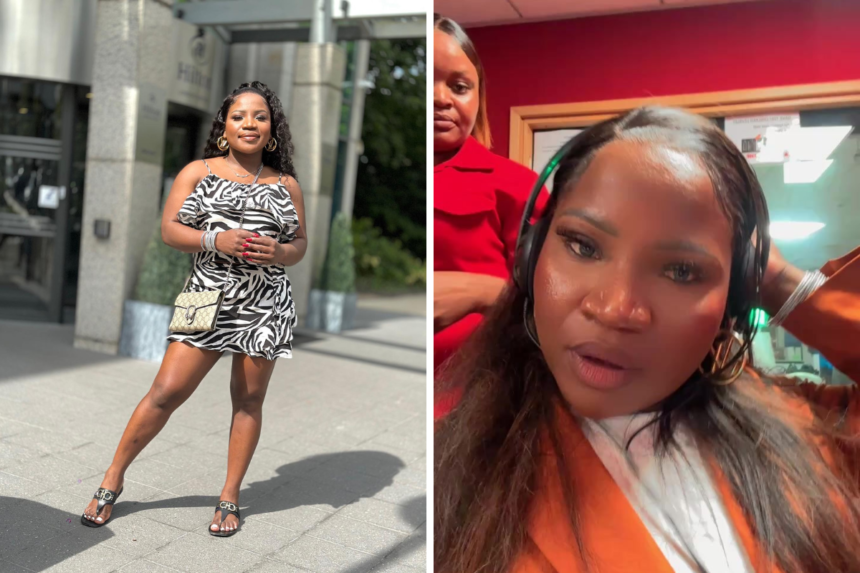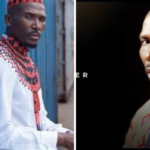Makhadzi recently took to her Facebook page to confront body shamers head-on in a candid and powerful statement. The talented artist, renowned for her chart-topping hits and electrifying stage presence, did not mince her words. She acknowledged that she has a ‘big nose’ and expressed her deep frustration with people who constantly remind her of this physical trait.
In a world where social media can sometimes be a breeding ground for negativity and criticism. Makhadzi’s decision to address this issue directly was both powerful and necessary. She began her statement by acknowledging her physical feature, stating, “I know I have a big nose. Stop reminding me. All I said was, I am dropping the album next week Friday. Only that.”
Her words resonated with many who have experienced body shaming or other forms of online bullying. In today’s digital age, where public figures and celebrities are under constant scrutiny. Makhadzi’s vulnerability and determination to stand up against body shamers serve as an important reminder that artists, like everyone else, deserve kindness and respect, regardless of their appearance.
But Makhadzi didn’t stop there. In a follow-up post, she defiantly declared. “Tomorrow, I’m going to cut my nose so that when I talk about my album. No one will have something to say about my looks.” This statement was a powerful commentary on the extreme lengths some individuals are willing to go to silence their critics, even if it means resorting to self-harm. It served as a stark reminder of the harmful impact of online bullying.
The body shaming incident that prompted Makhadzi’s response allegedly occurred after a recent concert where Winky D had taken center stage for a staggering 80 minutes, while Makhadzi and Jah Prayzah shared a comparatively shorter 40 minutes. While variations in set lengths are not uncommon at multi-artist events, this particular situation ignited a heated online debate. Fans, particularly those devoted to Winky D, took to social media to express their views.
Makhadzi’s decision to speak out in defense of her right to be treated with respect was not only about her own experience but also a broader commentary on the need for body positivity and acceptance in society. It was a reminder that artists, despite their fame and talent. Still human beings who can be deeply affected by hurtful comments and criticism.
In this context, Makhadzi’s recent social media posts take on even greater significance. They become a testament to her strength and resilience in the face of online adversity. Makhadzi’s willingness to address this issue publicly sends a message to her fans and followers that it’s okay to stand up against body shaming and cyberbullying. Her words serve as a beacon of hope. Empowerment for anyone who has faced similar challenges in the digital age.
In conclusion, Makhadzi’s response to body shamers is a powerful example of an artist using her platform to promote body positivity, self-acceptance. The importance of treating others with kindness and respect, both online and offline. Her words remind us that behind the fame and talent, artists are human beings who deserve empathy and support.







